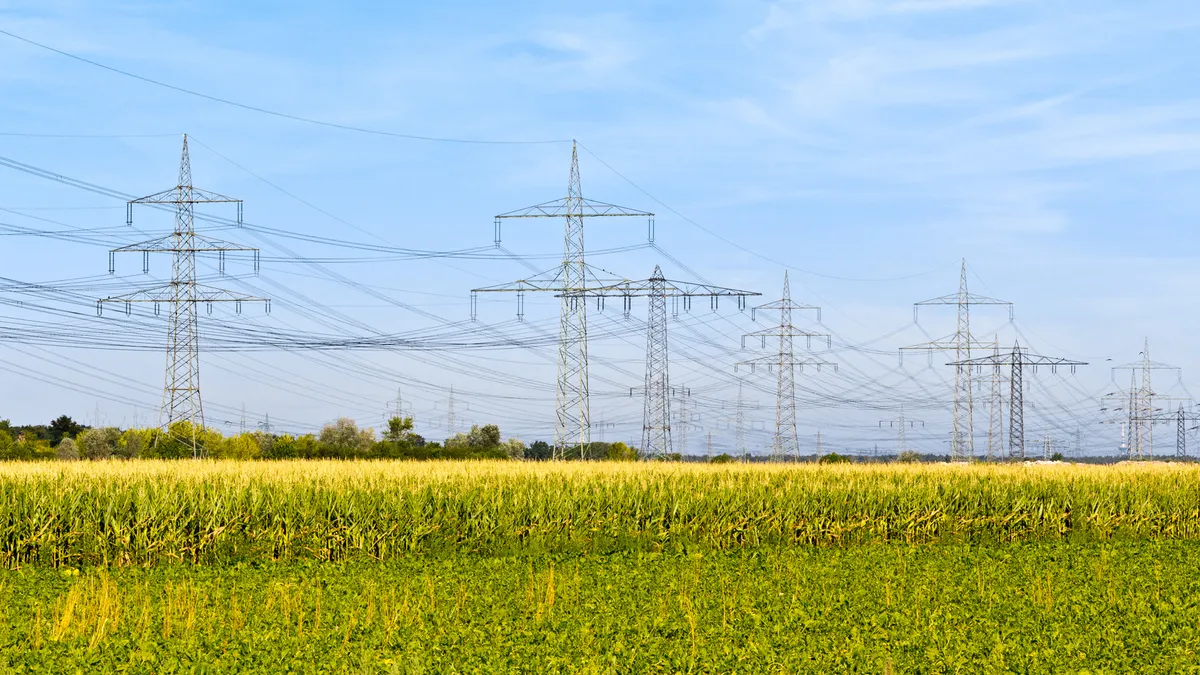Dive Brief:
- The U.S. Department of Energy has issued a Final Environmental Impact Statement for the Northern Pass transmission project, concluding the hydroelectric system is the “preferred alternative" and will result in minimal impacts.
- Northern Pass Transmission, owned by Eversource Energy Transmission Ventures, a unit of Eversource Energy, is developing a 192-mile transmission line that would move power from Canada to a substation in Deerfield, N.H.
- The project is also in the late stages of New Hampshire's permitting process; the company reached a settlement last year with the state's Public Utilities Commission, allowing the system to move ahead.
Dive Insight:
Designed to bring hydroelectricity from Canada to the United States, DOE's final environmental assessment moves the project forward to a possible final approval. The report concluded that the proposed Northern Pass route is the “preferred alternative" and will have only minimal impacts while providing benefits.
Bill Quinlan, president of Eversource operations in New Hampshire, said in a statement that the company was "extremely pleased" by the report. “As this clean energy project continues to advance through the final stages of the New Hampshire permitting process, we are encouraged to have reached this major federal permitting milestone," he said. "We are now another step closer to realizing the many benefits Northern Pass has to offer New Hampshire and the region.”
There are multiple projects which aim to move carbon-free energy across the Canadian border, but Eversource has reached agreements with New Hampshire and now has a positive review from the federal government. The utility also submitted the project for a recent Massachusetts Request for Proposals that would utilities procure 9,450,000 MWh of renewable energy.
Earlier this year, National Grid proposed a $1 billion transmission project that would be able to bring 1,200 MW of renewable power into New England through the Granite State Power Link. That system would aim to move the electric power through Vermont for 58 miles before entering New Hampshire at Monroe and ending at Londonderry in southern New Hampshire.
The Northern Pass project, according to DOE's assessment, would help New England reduce carbon emissions by 9%, while creating 6,747 jobs in New Hampshire during construction, followed by about 900 permanent jobs.















